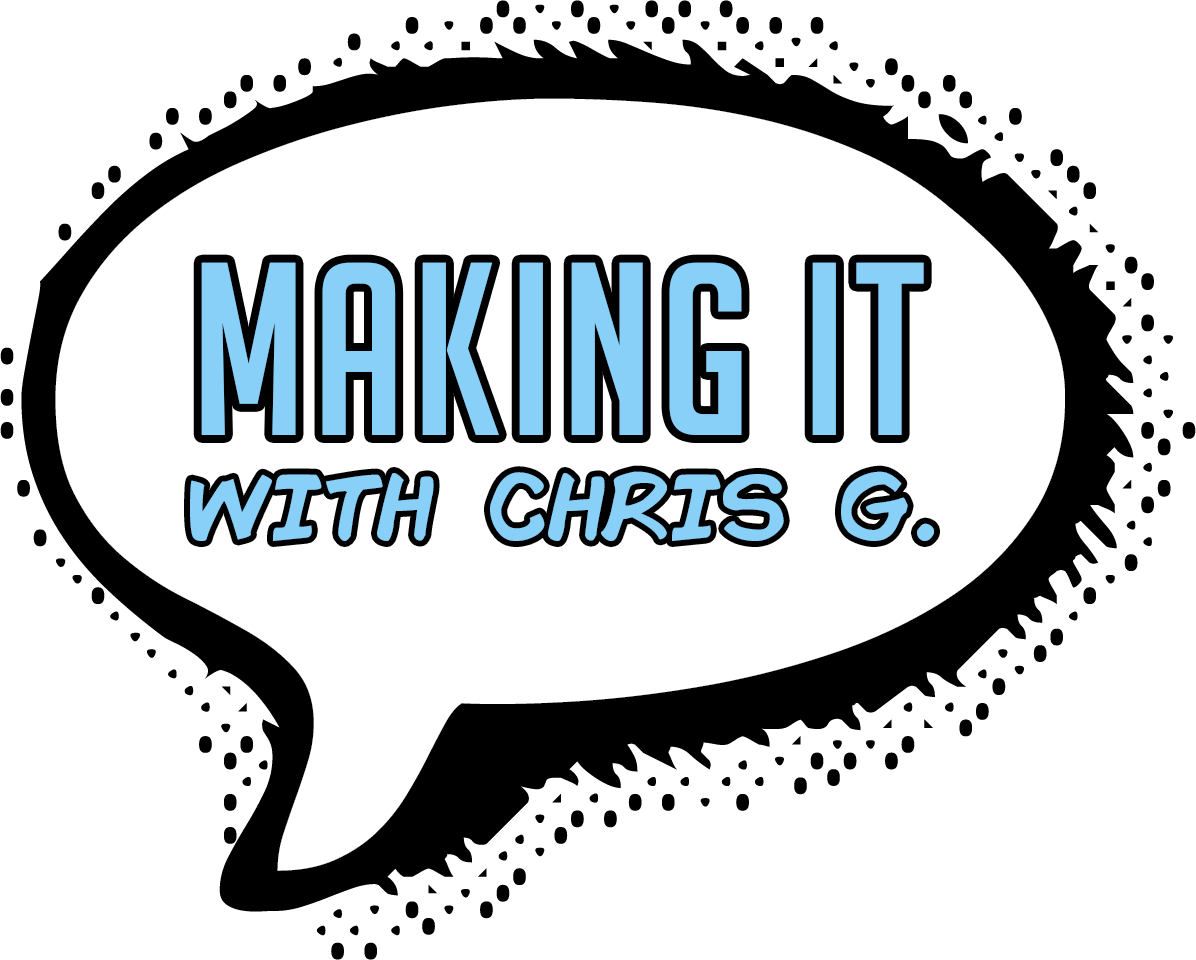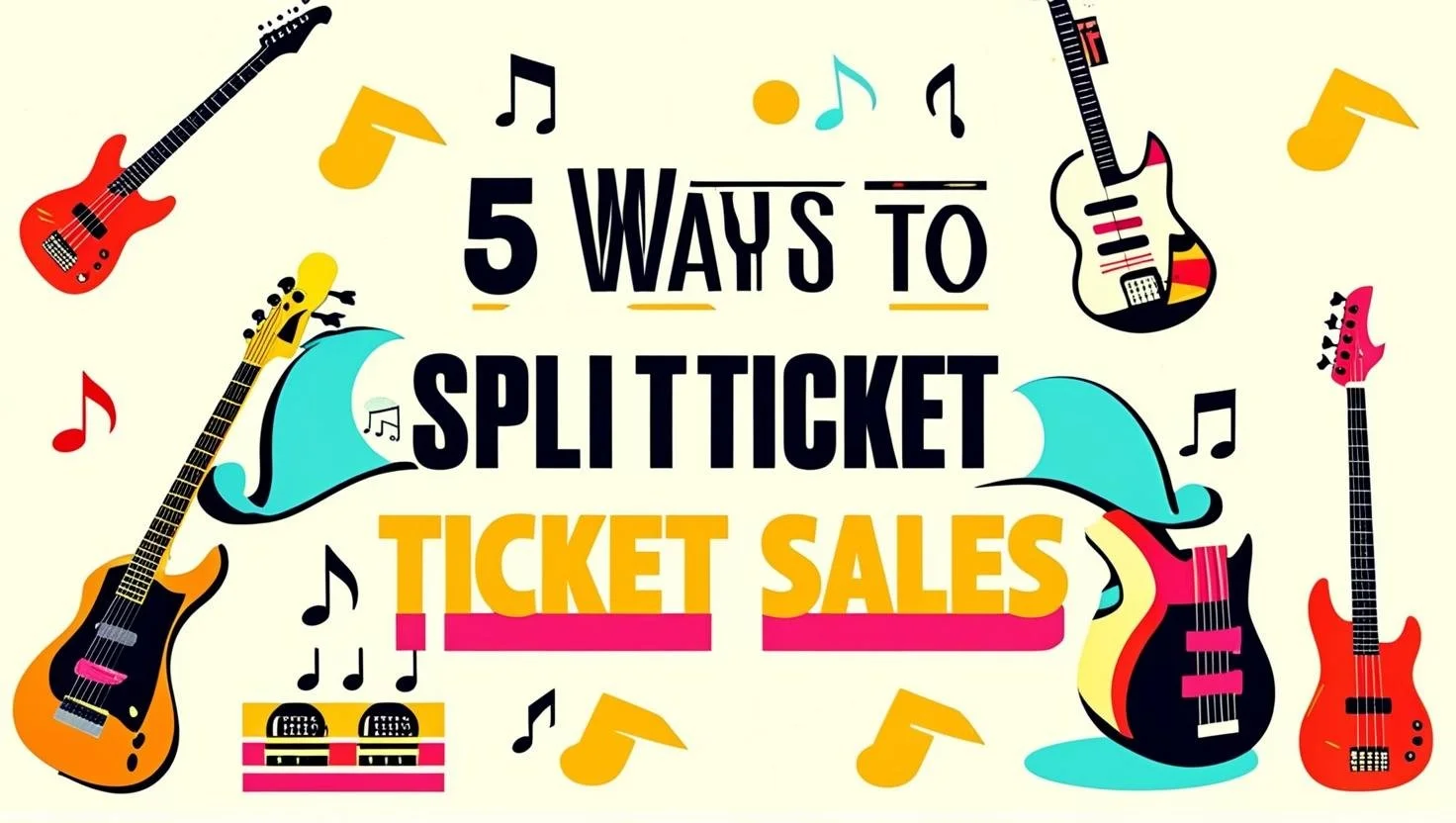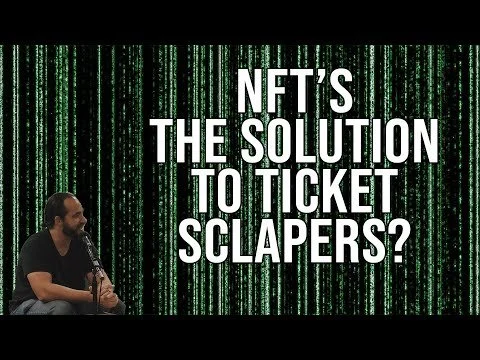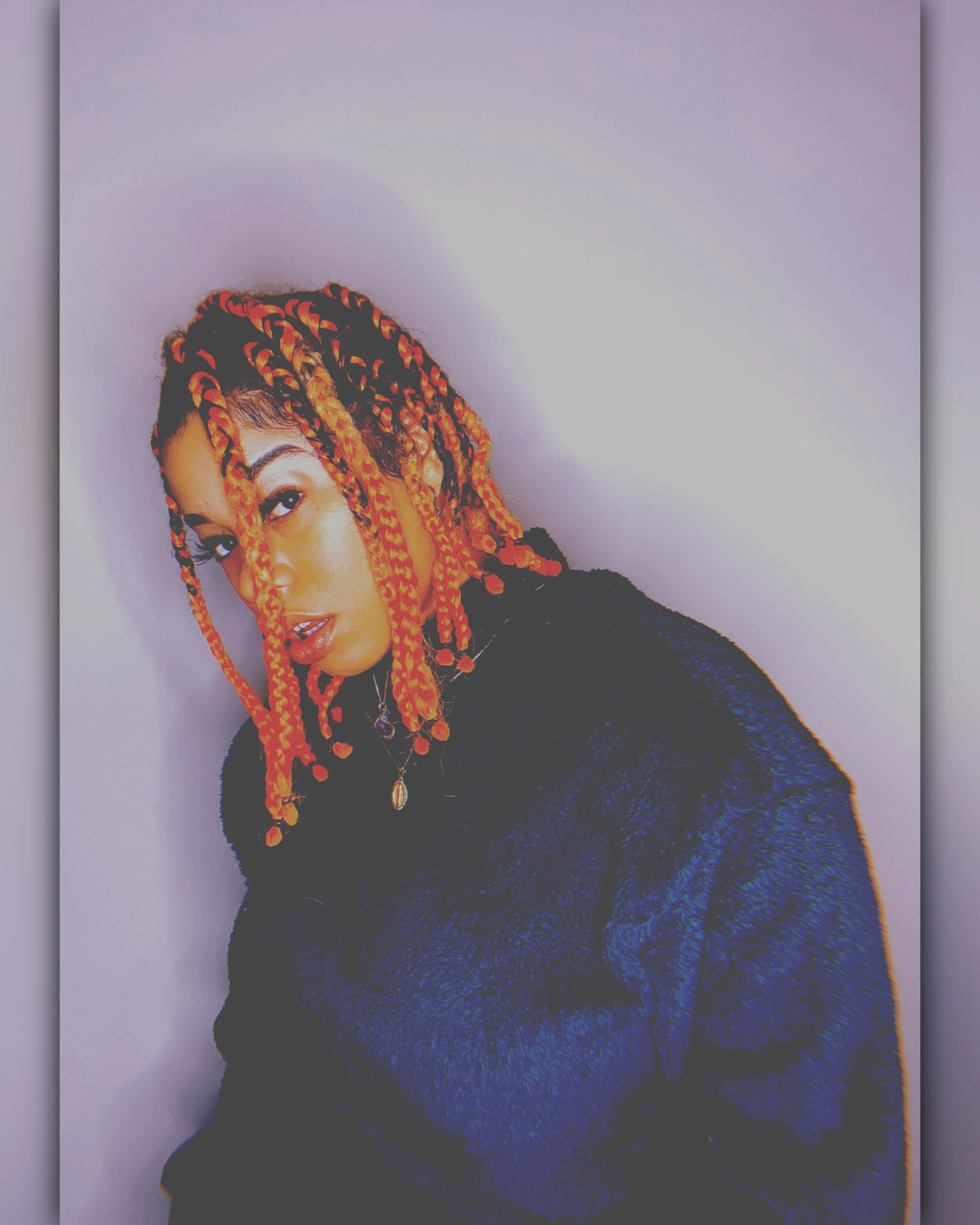How to Open for National Acts
/One of the questions I get asked the most is “how can I open for national acts?” When it comes to building longevity and growing your career in the music business, it’s extremely important that you do this with a strategy. Don’t just open up for a national act to say you’ve opened up for people with names. If you want to build longevity in this business, it’s important that you don’t overexpose yourself in your hometown and that you focus on building genuine relationships with everyone involved - the promoter, the agent, the manager, and the artist. You build genuine relationships by adding value to them, and not focusing on what you can get out of it, or using this as a resume builder. Nobody ever made it to the next level because of who they opened for. They got there because they were able to build their own audience.
In this article, you will learn how to open for national acts, but also some important strategies that will help you build longevity. I assume that if you’re reading this, the ultimate goal is not to open for national acts, but for you to become the national act and have a career for the next 20, 30, 40+ years. Here are 10 steps for best practices and strategies on how to open for national acts, and build your career.
Shout out to rapper E.M.B. from Phoenix, AZ for inspiring this post, and for the great tunes.
Check out "Ble$$ Up" by E.M.B.
1. Be Able to Sell Tickets & Get People to the Show
This doesn’t mean pay to play, but you have to add value to the show. You need to have fans that will actually pay and come to the show. If you can’t do that, you don’t have any fans, and you need to work on building a following first. One of my past podcast guests, Ari Herstand, and Author of “How to Make It in the New Music Business” mentioned in his book that 50 is the MAGIC NUMBER to get the attention of most promoters. As a promoter that has put on over 2,000 shows, I could not agree more with that. To take it a level further, I say 50 tickets gets you in the door, 100 tickets gets you on the radar of artist managers and booking agents, and 200 tickets gets you a serious conversation with an artist manager or booking agent. This doesn’t mean buy or pay to play by purchasing 50, 100, or 200 tickets. What’s really important about this is 50, 100 or 200 people will not just buy a ticket, but they will come to the show.
What makes your sell easier is when you have a proven track record with the Talent Buyer or promoter that’s putting on the show that you’re trying to open for. The booking agent, and potential artist manager is already communicating with that promoter or Talent Buyer. If they can say that you’re worth the amount of tickets you claim, that will help increase your chances of getting the opening slot for a show. Almost 100% of the time when an artist reaches out to a booking agent or manager for an opening slot, they will forward me the email and ask if you’re legit. People communicate, so be able to back up what you promise.
Can you open for a national act if it’s your first show? There are very few instances when it’s your first ever show that you can actually get an opening slot for a national act. I sometimes like doing that, because when it’s an artist’s first show, they’re super pumped because it’s their first show and they get to open a big show. A lot of artists will sell double or triple the amount of tickets they’ll average for their first show. This is being a smart promoter, but you as an artist want to make sure that these people will come back to your future shows and that your numbers don’t go backwards too much. They will go backwards a little naturally. More on this topic in future articles.
2. Create Your Artist ID Spreadsheet
Let’s talk a little bit of strategy. Create a list of artists in your genre or similar artists. This list should be in the following categories - A-List, Emerging Artists, Legacy Artists, Local/Regional Artists. In the case of opening for national acts, you’ll only be using the A-List, Emerging, and Legacy categories for this exercise. The A-List artists are artist that are performing at 1,500 capacity venues to arenas, amphitheaters and stadiums. The chances of opening for these artists is HIGHLY UNLIKELY, because they’ll usually have fully packaged tours with openers from the same agency, management, or label. There are very few and rare occasions they’ll take on an new artist, and that’s usually solely based on relationship.
However, the booking agents that represent these A-List artists also have new and emerging artists, as well as artists that have been around for a long time but are no longer on the A-List or may have just never broken through the threshold to the next level. These artists are performing in venues that have a capacity of 200-1,000 people. You want to put as many artists on this spreadsheet as possible. I’d say have at least 10 to 20 for each category on your list. For a sample spreadsheet, sign up for the email list, and I’ll send you one. But it should pretty much look like below.
What you’re looking for are agents that represent more than one of the artists on your list. Those are the agents whose radar you want to get on, and the agents that can provide some great opportunities for you.
3. Which Shows Have A Support Slot Available
You have to act fast when it comes to getting that opening slot. Make sure to sign-up for all the venues e-mail list, so you’re one of the first to find out when new shows get announced. Set-up alerts for their social media pages so you’re always in the loop of announcements and on sale dates. Usually shows get announced on Tuesdays or Wednesdays and go on sale to the public on Fridays. Once you know that a show is coming, here is a quick rule of thumb to figure out if there is a support slot available. If there are 2 or more artists already opening the show, they’re most likely on tour with them. The chances of getting an opening slot for shows that already have a full package are very rare. You want to be strategic when asking for opening slots, and don’t want to be the annoying person that asks about opening for every show. Try to find shows that don’t have an opener listed or may only have one opener. However, if they are artists on your Artist ID (see #2), and you want to focus on building a relationship with their team, you can reach out and mention that you see there are already openers on tour, but you’d like to help with promotion for the show. Adding value to the relationship!
4. Reach out to Promoter, Manager, & Agent
Once you figured out which shows to reach out for, here is a sample pitch to write to the promoter, manage, or agent. If you already have a relationship with the promoter, you can reach out to them first and let them know that these managers and agents are on your radar. Some promoters get territorial, make sure they’re aware you’re not trying to go around them, but you’re just trying to build a relationship with these artist managers and booking agents to help build your career. Even offer to copy them in on the email. That might actually help your chances.
Here is how the chain of command usually works (avoid buy ons, usually promoters are legally not allowed to sell opening slots per their contract with the artists, but some do it anyway because they know most artist won’t say anything to protect their relationship those promoters). The artist or their manager usually makes the final approval for openers. Sometimes an Artist Manager and their artists, will sell opening slots for their tour. This is usually offset by some kind of small guarantee to you that the promoter has already committed to. I always recommend to try to avoid buy ons, but there are ways to get a lot out of them. However, they’re not going to make or break your career. You don’t not have to buy on a show to “make it” in the music business. Back to chain of command - the promoter will go to the agent, and the agent will go to the manager/artist for approval. Sometimes that trust is passed on by the manager/artist to the booking agent or promoter. Always error on the side of professionalism unless you have an established relationship. Always address the person by their first name followed by a comma OR Mr. or Ms. with their last name and comma. Never start an email with "Hey," "Hey man," "Hey bud," "Hey bro" or anything similar.
Sample e-mail to Joe Agent, keep it short, to the point, and mention a couple of things to sell yourself:
5. Don’t play shows 8-10 weeks before or after
One of my next articles will be on touring strategy and how often you should be playing in each city. Generally I preach to only play the same city every 8 to 12 weeks. You want to avoid over-saturating the market, and the bigger your following in a particular market, the more you should increase the time between shows. However, say you’re playing every 12 weeks - 4 shows per year. When you try to play an opening slot for a national act where you need to prove yourself to that agent, manager, and promoter, and you should all out with your promotional. You’re giving up one of those 4 shows for that market, and you should get the most out of it. You’re giving up some of your value to add value to someone else and establish relationships and build longevity. Be strategic about this. Don’t just open for someone just to build your “resume.” That won’t matter in the long run, unless you’re opening an entire tour.
6. Ask for Promo Materials
Ask the promoter, agent, manager, or whomever you’re communicating with for promotional materials and pre-box (or consignment) tickets ASAP. You want to get a leg up on promotion right away. Try to get at least 50 tickets to start out with, sell those as quick as possible, and ask for 50 more. Usually you’ll have to return the money for the first batch of tickets before getting more. So make sure you’ve actually sold them. Also, a lot of venues will hold you accountable for the tickets, so don’t lose them. If you lose 10 tickets that are $20 each, you’re coming $200 out of pocket. Don’t make costly mistakes. Get as many flyers and posters as you can get your hands on, and start getting to work. Your goal should be to out promote everyone involved in the show. You should be promoting harder than the promoter, manager, and artist themselves. It’s your career, don’t wait for someone else to do the work for you. Take it in your own hands and get to work.
7. Deliver on Your Promise
This one is straightforward. But if you say you’re going to sell 50 tickets, sell 50 tickets. In an ideal world, you’ll want to over deliver. The strategy here is under promise, over deliver. This will always make you look good. Again remember, 50 tickets opens the conversation, 100 gets you on the radar, 200 gets you looked at seriously. Don’t come short. You’ll look bad in front of the promoter, booking agent, artist manager, and the artist. This will delay the time for when you get the next opportunity.
8. Document Your Efforts
Keep good track of everything you're doing promotionally and document all of your efforts. Everywhere you put up posters, take a picture of where you put up the posters. When you pass out flyers, take video, pictures, or Snapchat or IG stories of people holding flyers. Keep track of how many tickets you sold. Take screenshots of any posts you put up on social media. Upload all of your documentation of promotional efforts into a Dropbox, Google drive, or Box folder, and send those after the show along with a thank you to the promoter, manager, and booking agent.
What’s next? When you get an opening slot, the next most important thing besides promoting and delivering on your promise, is day of show etiquette and the follow-up thank you. More on those in the next articles.
Thank you for your time, and good luck with getting an opening slot. If this article brought you value, please share this with your community on social media. I’d love to hear from you, and your results. Feel free to reach out and send me a note - chris.goyzueta@gmail.com. Please be patient, and I’ll get back to you. Thank you!


































